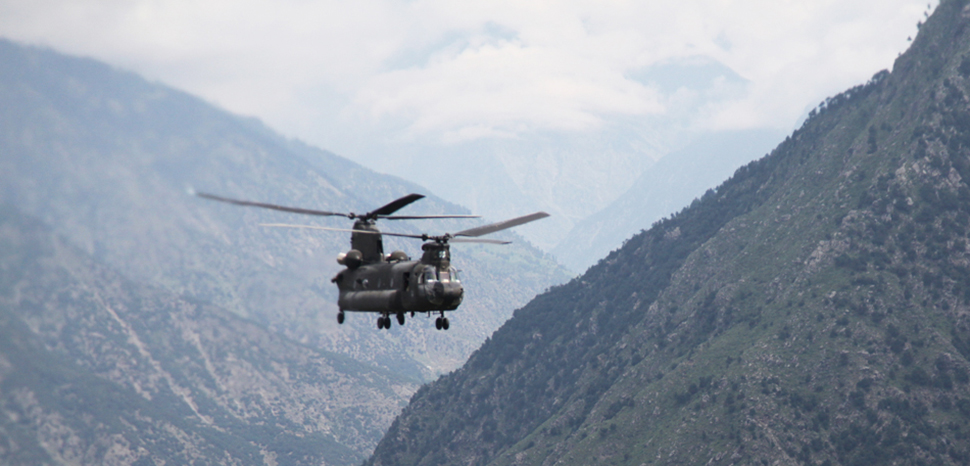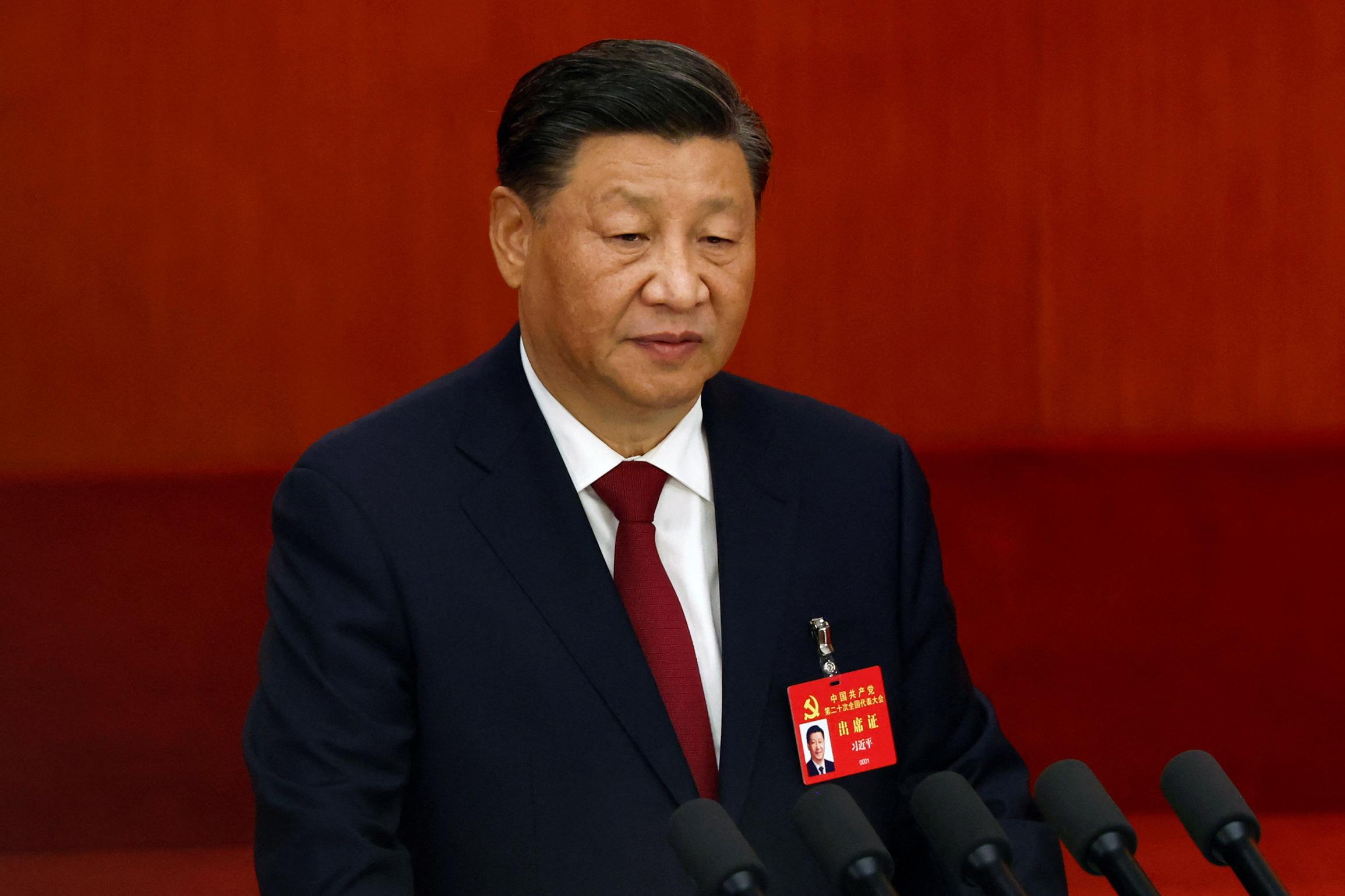Robert A. Pape

Beginning in early October, facing huge territorial loses and other reversals in Ukraine, Russian President Vladimir Putin reached for a military strategy in which Russia should have a decisive advantage: airpower. In the most widespread such campaign to date, he ordered a blistering series of missile attacks against a dozen cities and electrical infrastructure across the country. Ukrainians were forced into basements and bomb shelters, and some 30 percent of the country’s power generation capacity was knocked out, causing rolling blackouts that affected homes, hospitals, and even the basic functioning of the economy. In the weeks since, Russia has been sending waves of drones to attack residential buildings and offices in Kyiv and other cities. In effect, Putin was reminding the Ukrainian government of his ability to attack its main population centers—a threat that Ukraine, having scrapped Soviet-era bombers long ago, having no long-range rockets able to hit Russian cities, and having only a tiny number of ground attack aircraft—is unable to match. The goal, it seems, is to punish civilians, wearing them down in the hope of convincing their leaders to sue for peace.
But it is a strategy doomed to failure. As in earlier phases of the war, Russia’s supposed air superiority has done little to shift the overall momentum on the ground. Despite the significant damage they have caused, Putin’s airstrikes have failed to hinder Ukrainian advances in the east. And when they have reached civilian targets they have only served to strengthen Ukrainian resolve.

